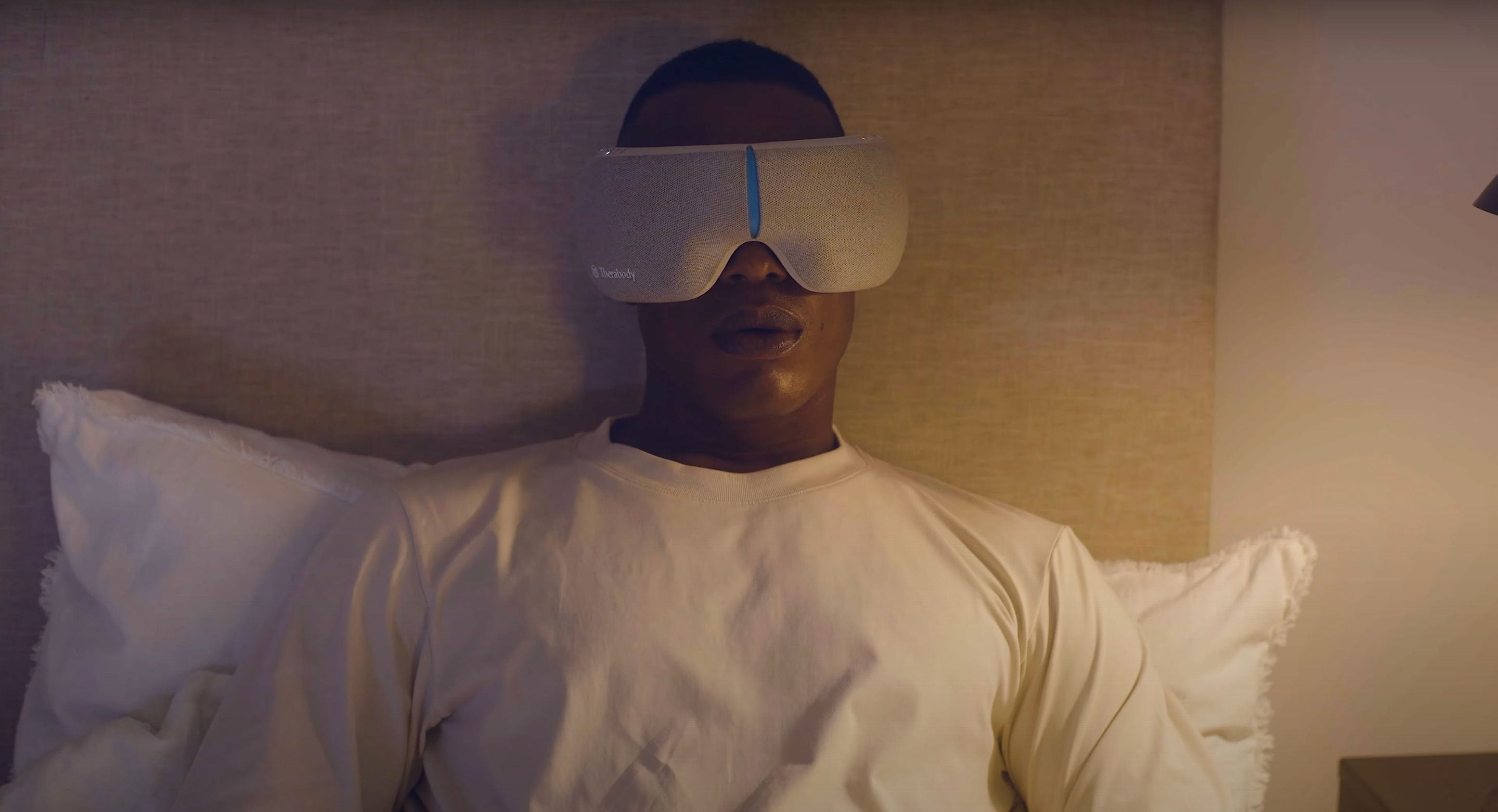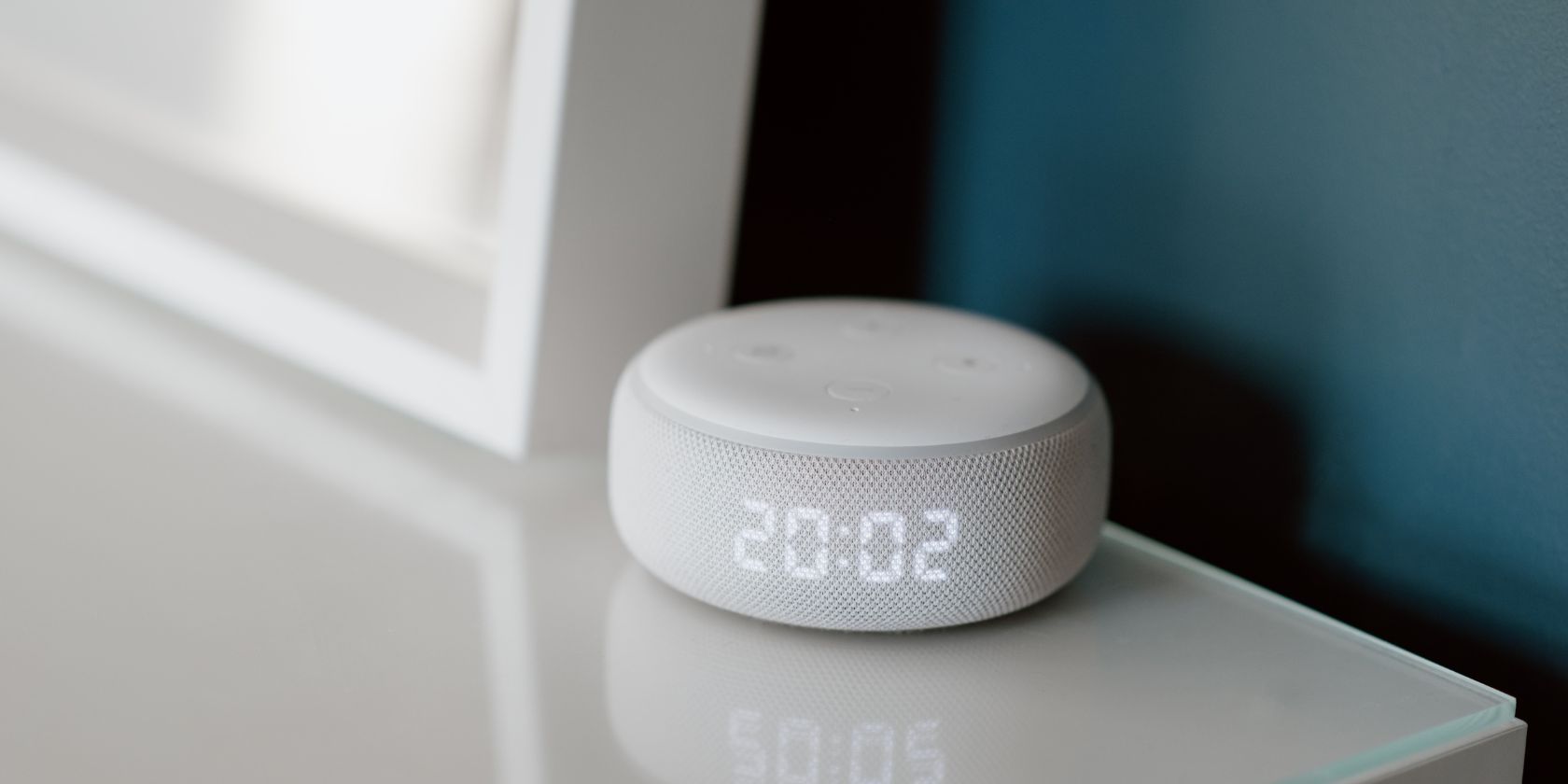Long working hours can be tiring both mentally and physically. They may also lead to burnout. While frequent breaks to de-stress are a good option, having a relaxing routine after work is even better. Here are the top five ways you can feel relaxed and stress-free after a long day at work.
1. Try a Soothing Smart Massager
Stimulating your muscles is an effective way of relieving physical tension in your body. A massager can ease muscle pain in your back and around your eyes that results from long sitting hours and screen time. Therabody’s massagers are ideal for a hassle-free relaxing session.
The Therabody SmartGoggles are smart eye massagers with multiple heat and vibration settings. They have a biometric sensor that customizes massage modes to lower your heart rate. By impacting the key areas around your eyes and temples, they effectively help reduce eye strain and induce sleep. Therefore, using Therabody SmartGoggles every day may have a larger health impact.
Meanwhile, Theragun Pro is suitable for muscle relaxation throughout the body. It uses scientific calibration and a proprietary motor to provide deep muscle treatment at five built-in speed settings. You can also adjust the force and custom massaging presets from your phone. Theragun Pro comes with six differently shaped attachments to target various types of muscles.
Additionally, Therabody has a range of smart muscle compression wearables that aim to accelerate muscle recovery and bring quick relief from pain.
2. Start Journaling to Relax
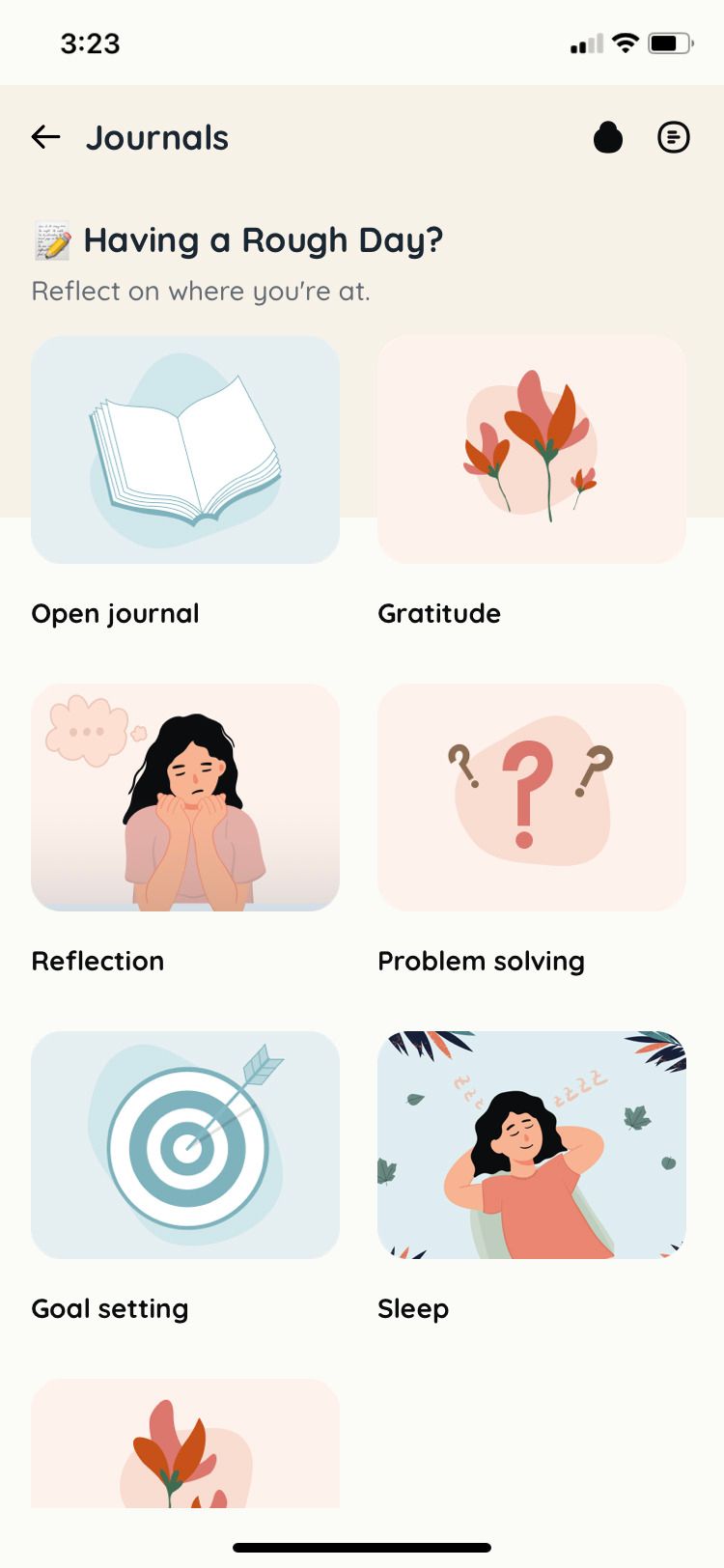
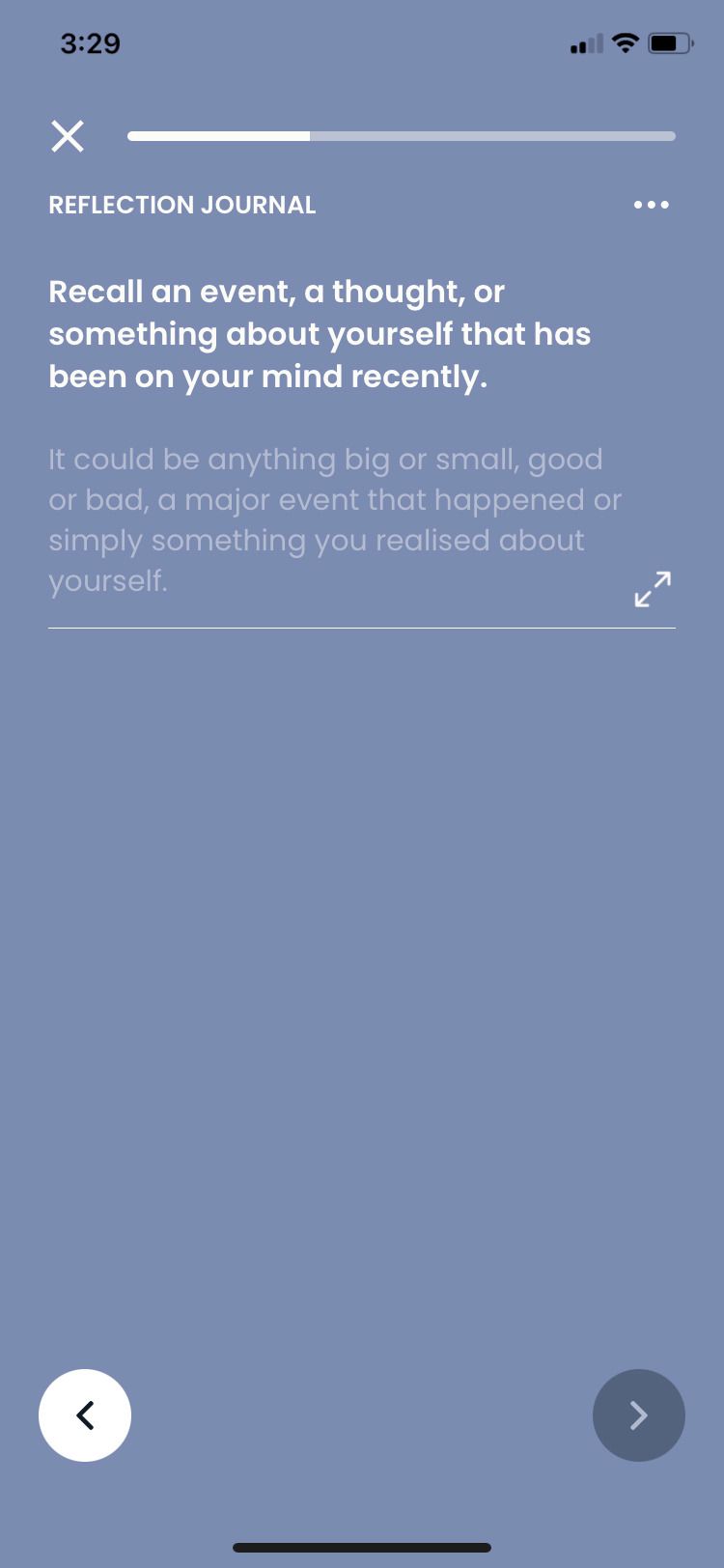
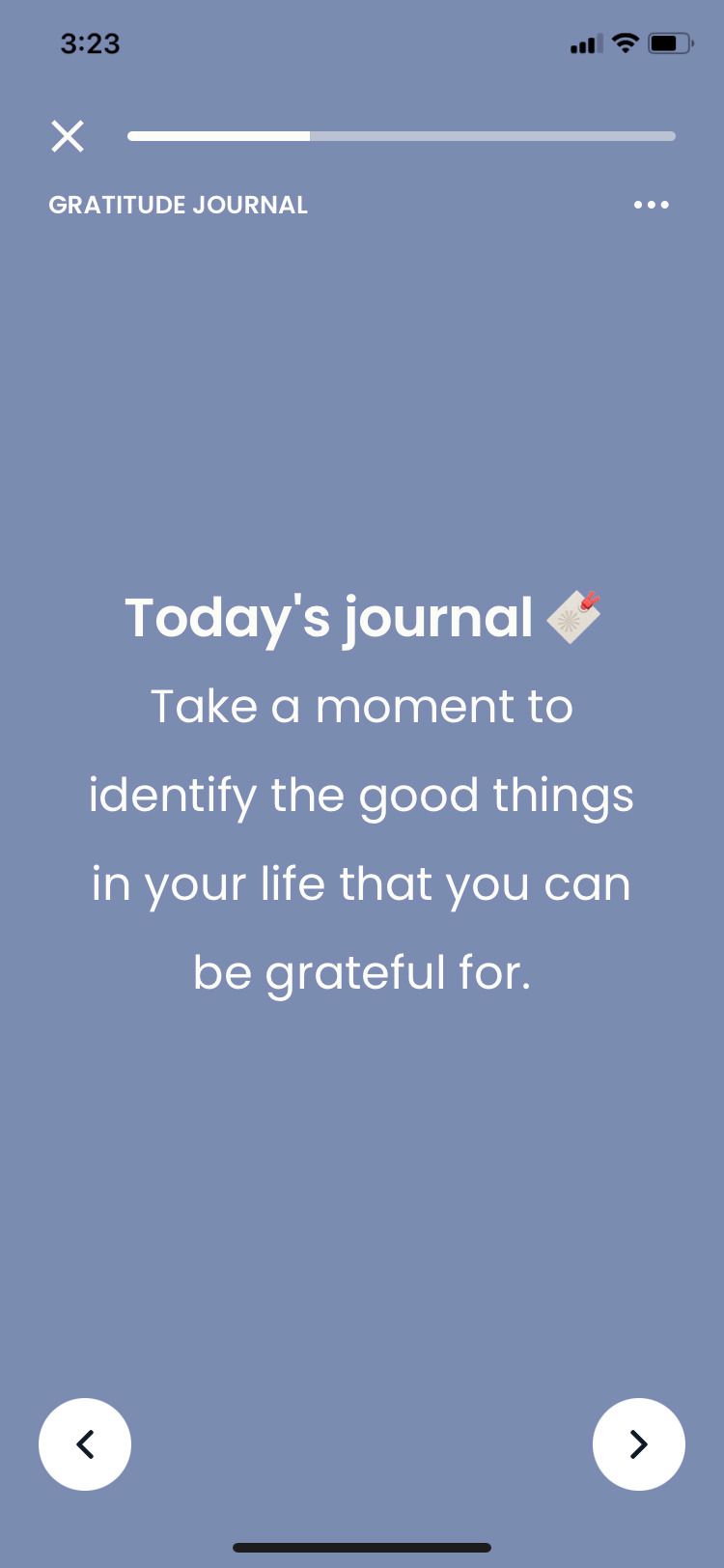
Mental stress often affects your physical well-being too. Hence, dealing with mental stress after work is just as important as physical relaxation. A 2002 study in the Annals of Behavioral Medicine has shown that journaling about stressful events can relieve stress over time.
Your emotional well-being may fluctuate from day to day. Thus, journaling apps and mood trackers are the right tools to track and monitor your wellness. Apps such as Presently, Intellect, Delightful, and Three Good Things have features and tools that help you journal effortlessly, even if you are a beginner.
For example, Intellect is a self-care mental health application that has guided journaling as one of its core features. You can use prompts and suggestions to log your day or take its free mental health modules to relieve stress and anxiety. However, if you want a minimal interface, focus on privacy, prompts, and more, Presently is a better option for daily journaling.
3. Meditate Every Day
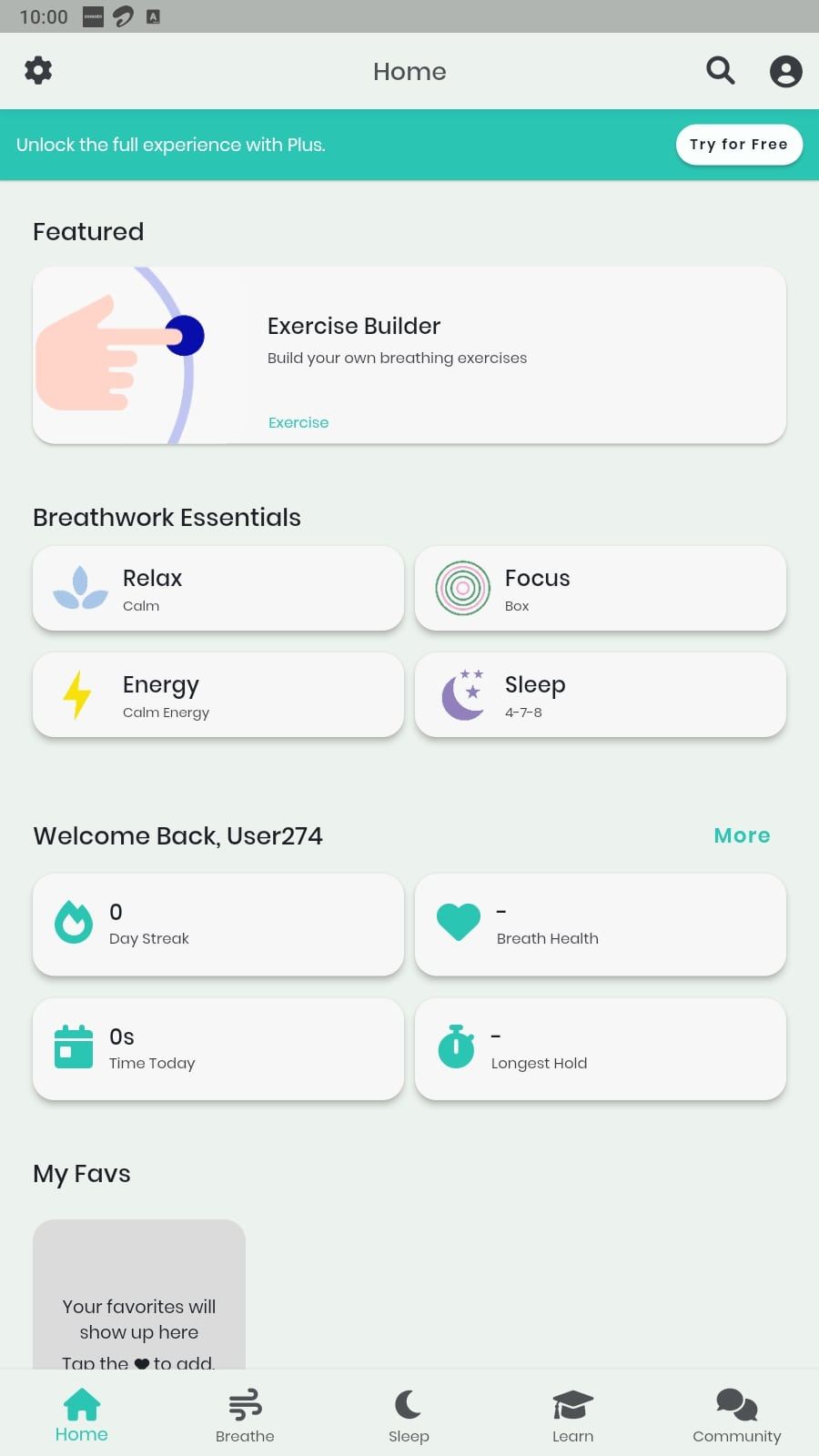
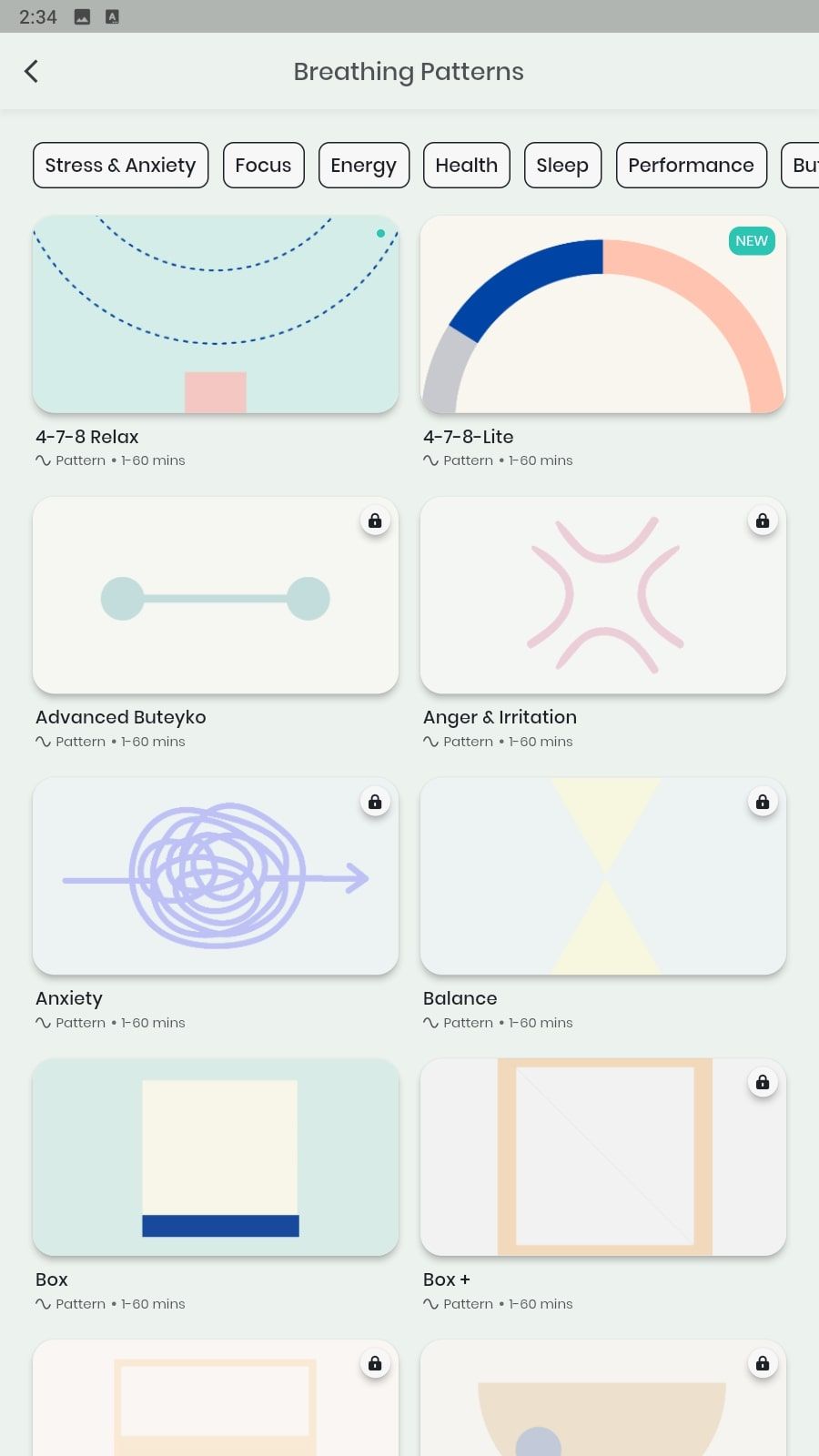
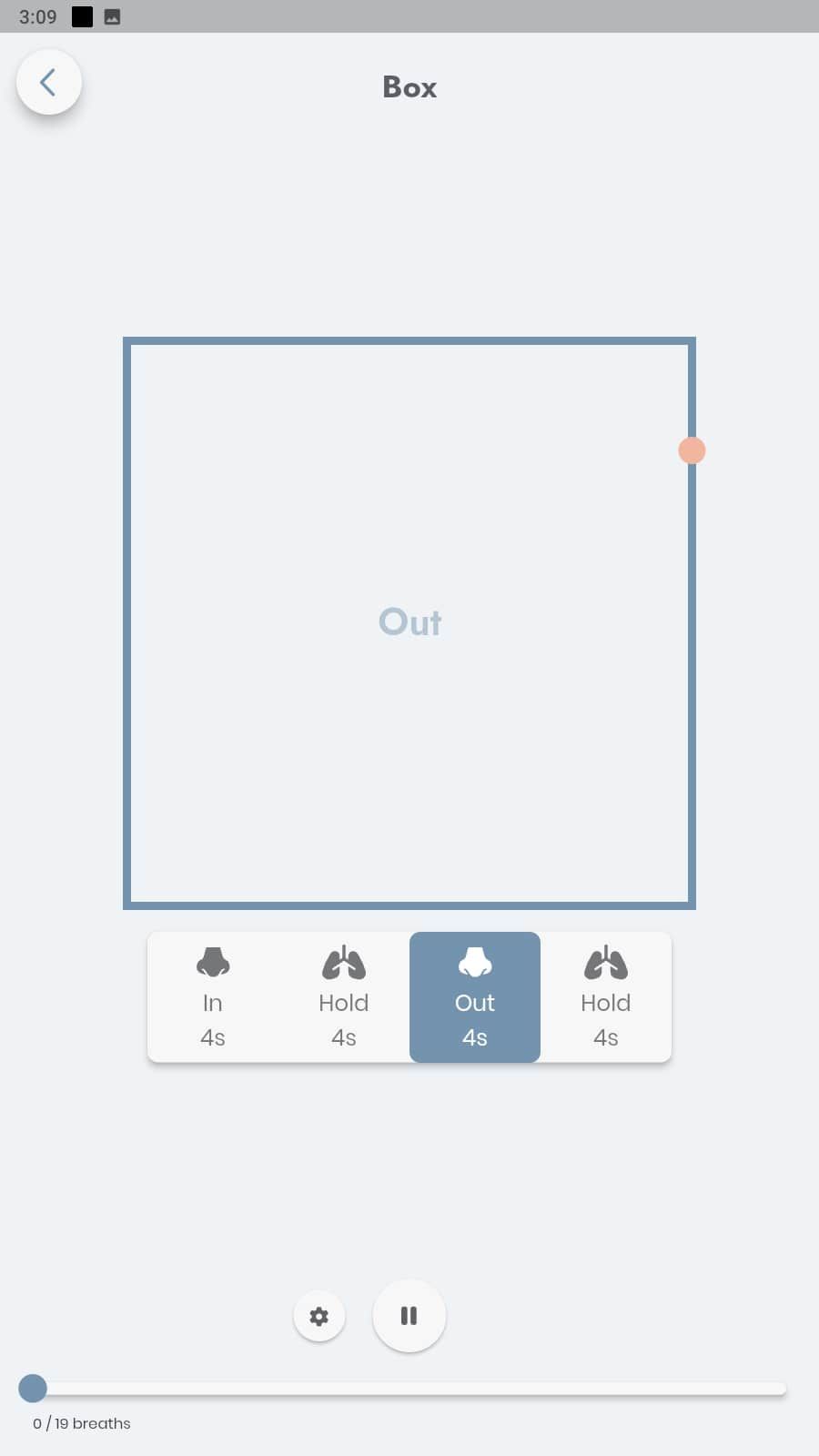
Meditation has positive effects on mental and physical stress. Some aspects of meditation are deep breathing techniques, visualization, and soothing music. Taking a quick meditation session may provide overall relaxation. That makes it one of the best de-stressing activities after work.
Apps such as One Deep Breath, Headspace, and Atom use multiple techniques to help you reach a calmer mental state. One Deep Breath is an app that uses unique breathing patterns for managing stress. Headspace, on the other hand, uses calming sounds and guided sessions for relaxation.
If you are new to meditation or do not have the time, these apps provide sessions that are shorter than 10 minutes. Another benefit of using meditation apps is gamification. The progress-tracking and engaging interface of gamified mindfulness apps make following up on your daily meditation easier.
4. Go for a Walk in Nature
Any kind of physical activity is beneficial in reducing stress. However, going for a walk in nature is a pleasant way of relaxing without inducing physical stress on your body. A study published in EDRA showed that walking in nature reduced the stress hormone cortisol significantly. Also, nature walks were more relaxing than physical exercise alone.
Nature Dose is an app that monitors how much time you spend indoors versus in nature. It calculates your daily exposure to natural surroundings. Additionally, you get Nature Prescriptions—customized targets for you each week. You can use this app to maintain a habit of spending time outdoors, which can eventually help in lowering stress levels.
If you want to count your steps and calories and track other fitness metrics, you can use popular walking apps, such as Strava. Doing so helps combines nature walks with your fitness goals. Thus, with Strava, plan a run or walk along your favorite nature trails to feel more at ease while also exercising.
5. Listen to Soothing Music
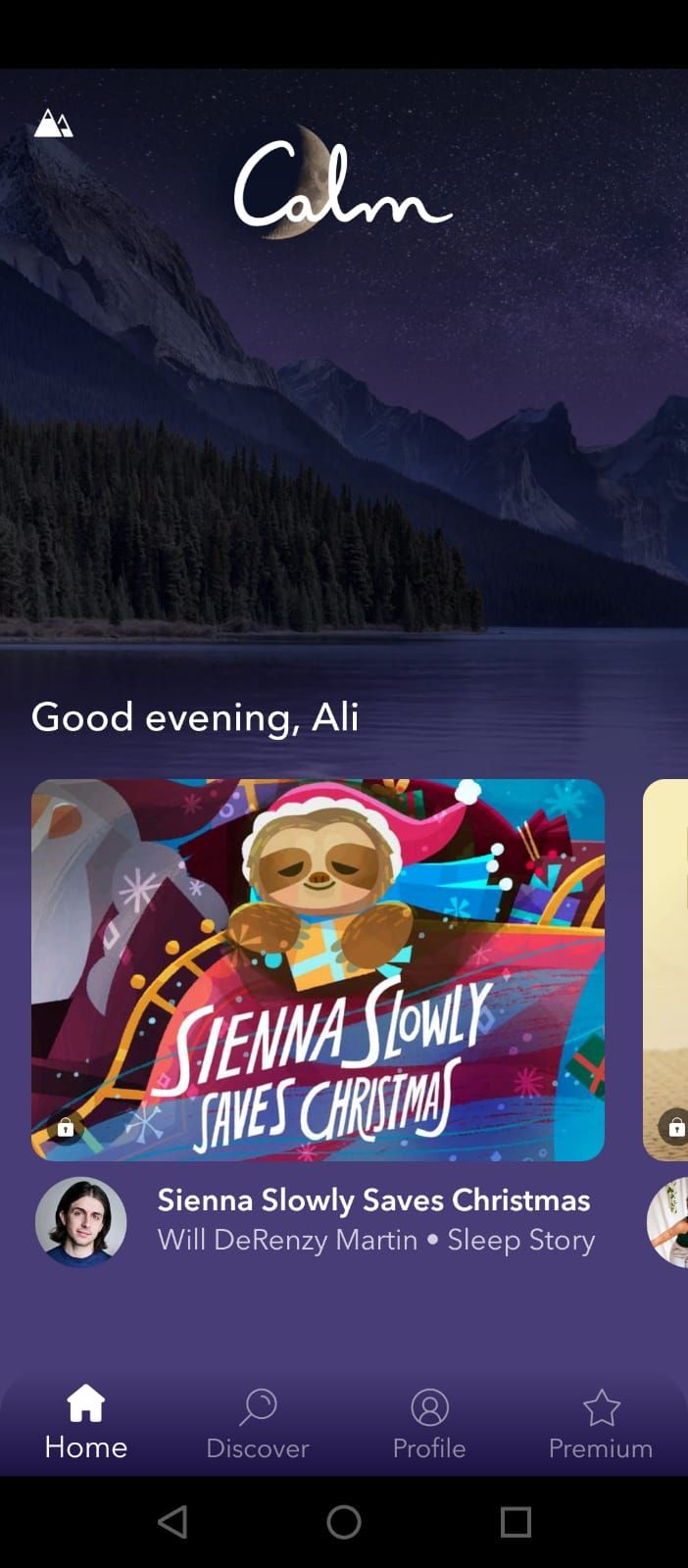
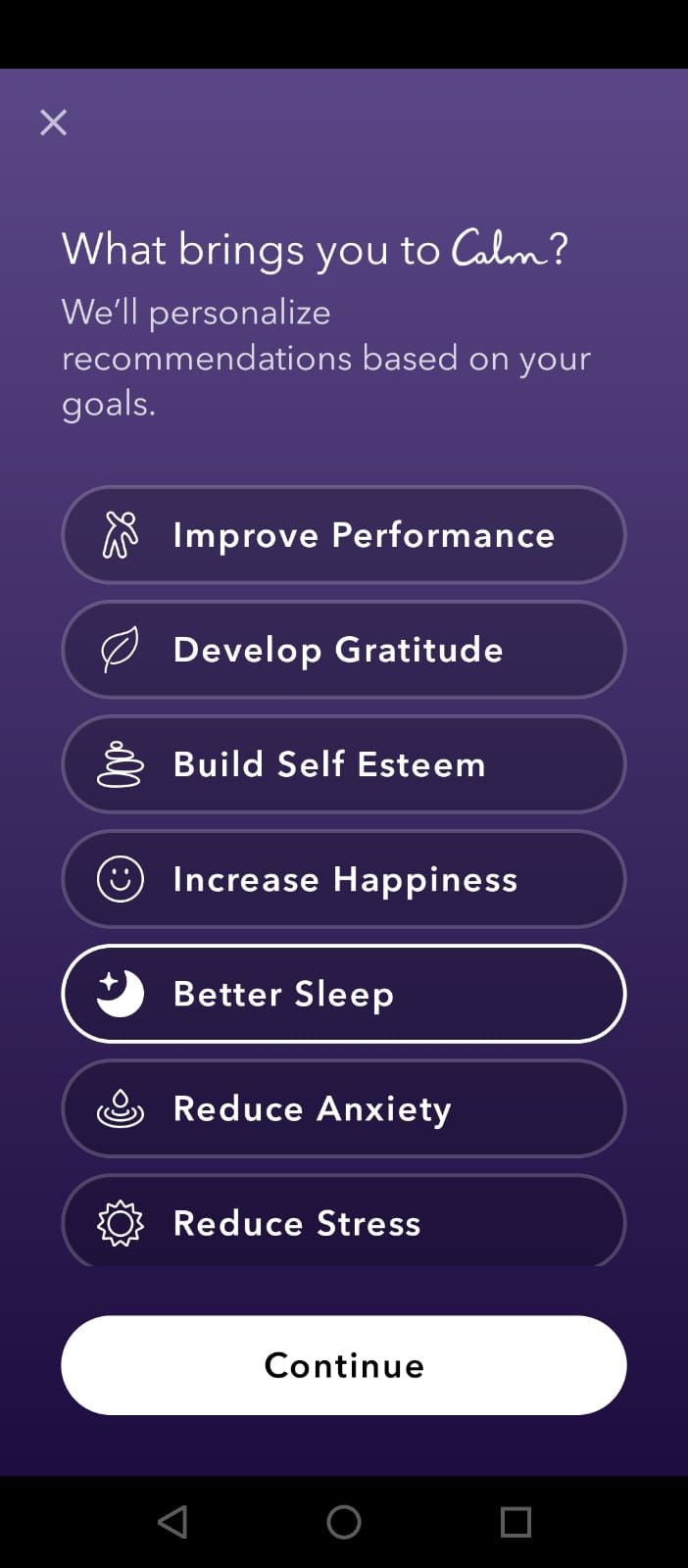
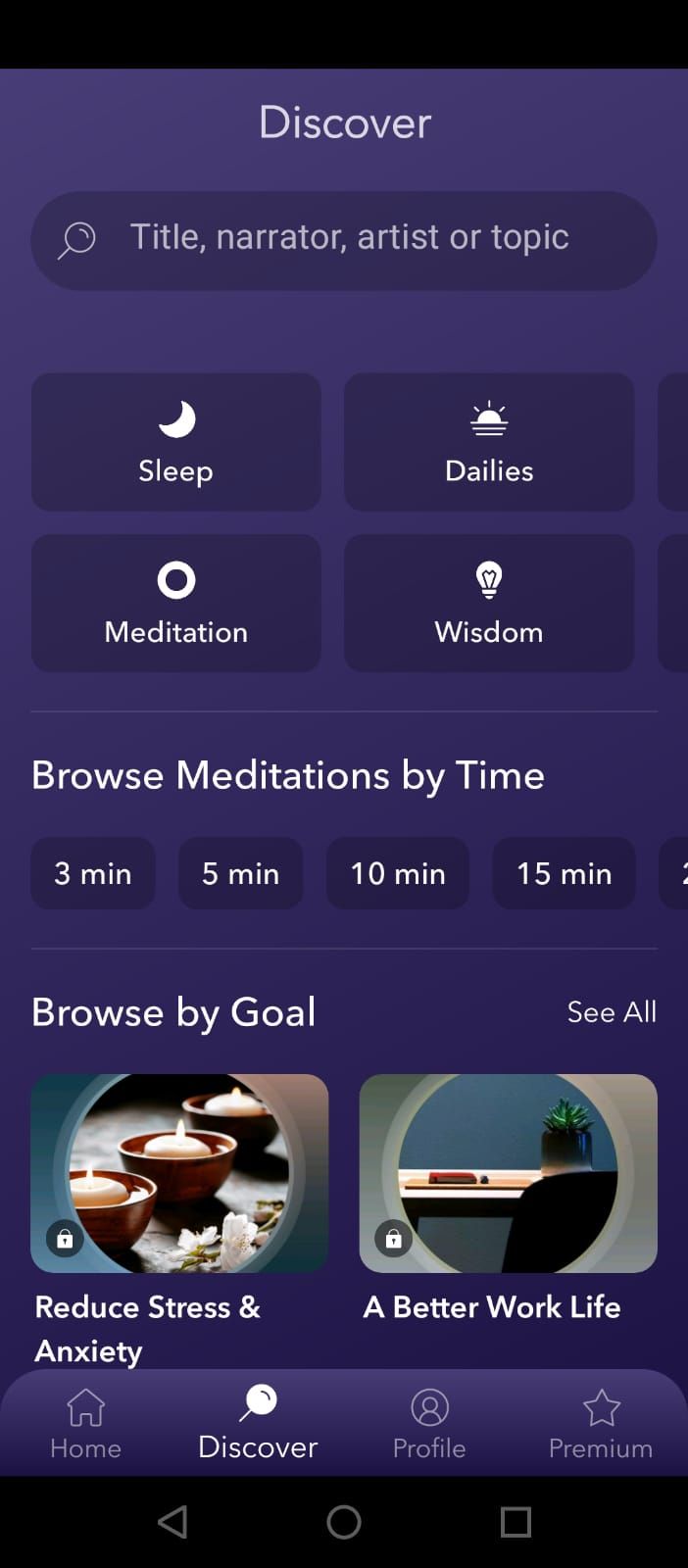
Audio stimulation is an effective method of relaxation. If you struggle with focus during meditation or require aid to fall asleep, then soothing music may help. A research study published in the Journal of Clinical Nursing found that soothing music helped enhance relaxation in participants.
The Calm app has a vast library of soothing audio tracks. That includes relaxing stories for better sleep, music, nature sounds, and white noise. Sleep Stories in the app has several tracks narrated by well-known celebrities.
The app also has a sizable collection of children's stories. Combined with its guided meditation sessions, Calm is one of the best audio stimulation apps.
Soothing music helps trigger the body’s psychological responses to relaxation, which can further improve your sleep quality. Thus, listening to soothing tracks after work or before sleep can effectively combat everyday stress.
6. Prioritize Your Sleep Schedule
Regulating your daily sleep schedule by even an hour can have a long-term impact on your overall well-being. It can be difficult to catch up on sleep debt, and chronic sleep loss will affect your energy levels and other health parameters throughout the day. Thus, having a fixed sleep schedule is essential for post-work relaxation.
If you work from home or in front of a screen for long periods, limiting screen time is the first step to better sleep. The blue light emitted from screens can disrupt your body’s circadian rhythms and disrupt your sleep cycle.
AI assistants like Alexa are great for maintaining sleep schedules. You can create routines with Alexa and schedule certain actions. For example, while creating a sleep routine, you can tell Alexa to switch off the television and dim the lights after a specified time. Coupled with an audio reminder, this can prompt you to limit exposure to electronic devices for an hour or two before sleep.
Another way of prioritizing sleep is to use habit-building apps, which can help you mode-switch from work to rest time. Fabulous is one of the best habit-building apps, as it helps you create life-changing habits through bite-sized steps. Using night lamps or playing white noise can also help you develop stronger sleep habits. You can integrate the functionality of these devices with your Alexa sleep routines for better implementation.
Using Technology to Reduce Work Stress
Stress is largely unavoidable, but learning to manage your stress levels, especially after a long work day, is essential. High stress levels can cascade into mental and physical health conditions. Therefore, consistently using relaxation methods like apps and smart devices can help you manage and improve your overall well-being effectively.


